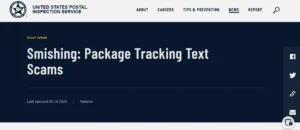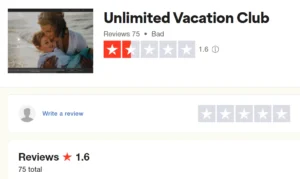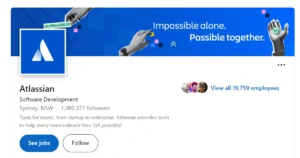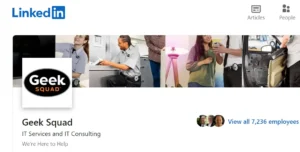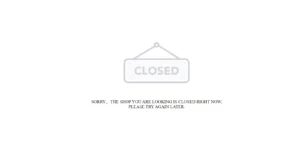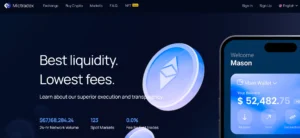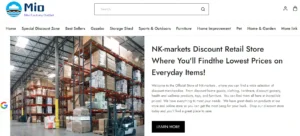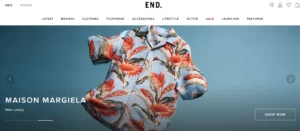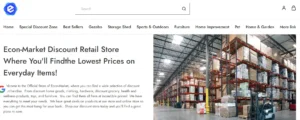In today's digital landscape, it is essential to remain vigilant against potential scams that target unsuspecting individuals.
One such scam, the Harbor Freight Pressure Washer Email, claims to offer recipients the opportunity to win a high-quality pressure washer and participate in a free loyalty program.
However, careful examination reveals that this email may not be genuine.
In this article, we will explore the characteristics of this scam, its operation, and provide examples of similar scams to raise awareness and help readers avoid falling victim to fraudulent schemes.
Characteristics of the Scam
One of the key characteristics of this scam is the use of an unsolicited email, which is often a red flag for deception. When receiving an unexpected email offering a chance to win a Harbor Freight Pressure Washer, it is important to be skeptical and look out for certain red flags.
Suspicious emails may have a mismatched domain, directing users to a website with no connection to Harbor Freight. Another characteristic to be wary of is unrealistic offers. In this case, the email promises a high-quality pressure washer for a low price, which is often too good to be true.
How the Scam Works
When users click on the tempting link provided in the email, they are directed to an external site where the scam unfolds. Once on the deceptive website, scammers use social engineering techniques to manipulate victims and extract personal information.
Here are some red flags to watch out for:
- Urgency and Pressure Tactics: Scammers create a sense of urgency by offering limited time deals or claiming that the offer is exclusive to a select few.
- Unrealistic Prices: The scam email promises a high-quality pressure washer for an unbelievably low price, which is a clear indication of deception.
- Request for Personal Details: Victims are asked to provide their shipping information, which is used to enroll them in a concealed subscription with hidden monthly charges.
Examples of Similar Scams
Examples of similar scams can include the Kohls Ninja Knife Set Scam, the Mr Beast Giveaway Scam, the KOHLS Le Creuset Scam, and the Shein Summer Giveaway Scam. These scams operate on similar principles, targeting unsuspecting individuals with enticing offers or prizes.
The warning signs of these scams often include unsolicited emails, unrealistic claims, and suspicious websites. The impact on victims can be devastating, as they may unknowingly provide personal information or fall victim to hidden charges.
These scams can result in financial loss, identity theft, and emotional distress. It is important to stay vigilant and educate oneself about common scam tactics to protect against falling victim to these fraudulent schemes.
What to Do If Scammed
In the event of falling victim to a scam, it is crucial to take immediate action to mitigate potential damages and safeguard personal information. Here are some steps to consider if you have been scammed:
- Contact Your Financial Institution: Inform them about the unauthorized transaction and request assistance in resolving the issue.
- Change Passwords: Immediately change compromised passwords to prevent further unauthorized access to your accounts.
- Monitor Your Accounts: Keep a close eye on bank and credit card statements to identify any suspicious activity.
- Report the Scam: Forward the scam email to the Federal Trade Commission (FTC) and report the incident to your local law enforcement agency.
- Check Your Computer: Run an antivirus scan on your device to ensure it is not infected with malware or viruses from the scam.
- Educate Yourself: Familiarize yourself with common scam tactics to better protect yourself in the future.
- Inform Others: Share your experience and warn friends and family about the scam to prevent them from falling victim as well.
Summary Table
The following summary table provides key information about the Harbor Freight Pressure Washer Email scam, offering a concise overview of its characteristics, type, and disguised claims.
The scam, categorized as a phishing scam, involves receiving an unsolicited email with a mismatched domain claiming that the recipient has won a Harbor Pressure Washer and can participate in a Loyalty Program for free.
The email aims to deceive recipients into clicking on a tempting link that directs them to an external website. On this deceptive website, victims are subjected to pressure tactics and low prices to rush their decision-making process.
They are then asked to provide personal details, which unknowingly enrolls them in a concealed subscription with hidden monthly charges.
To prevent falling victim to such scams, it is important to be vigilant in identifying phishing emails and to educate oneself about common scam tactics.
Conclusion
Therefore, based on the characteristics and modus operandi of the Harbor Freight Pressure Washer Email scam, it can be concluded that it is indeed a deceptive and fraudulent scheme designed to trick unsuspecting individuals into providing their personal information and enrolling in hidden subscription programs.
To protect yourself from similar phishing attempts, it is important to be aware of the red flags to look out for in email scams. These include receiving unsolicited emails, mismatched domains, dubious offer details, concealed charges, and ambiguous cancellation terms.
Here are some tips to protect yourself from phishing attempts:
- Be cautious of unexpected offers or deals in unsolicited emails.
- Verify the legitimacy of the domain before providing personal information.
- Double-check the details of the offer for any unrealistic claims or suspicious pricing.
Frequently Asked Questions
How Can I Identify an Unsolicited Email?
Identifying phishing emails involves recognizing unsolicited messages, checking for suspicious domains, and being wary of unrealistic offers. Tips for avoiding email scams include being cautious with personal information and regularly updating passwords.
What Are Some Red Flags of a Scam Website?
Some red flags of a scam website include unsolicited emails, a mismatched domain, unrealistic offers, hidden charges, ambiguous cancellation terms, and pressure tactics. Stay safe while shopping online by educating yourself on common scam tactics and reporting any suspicious activity.
How Do Scammers Trick Victims Into Enrolling in Hidden Subscriptions?
Scammers trick victims into enrolling in hidden subscriptions through deceptive tactics, such as offering unrealistic deals and rushing victims with pressure tactics. In email phishing, they exploit human vulnerabilities to manipulate recipients into unknowingly signing up for costly subscriptions.
What Should I Do if I Unknowingly Provided My Personal Details to a Scammer?
If you unknowingly provided personal details to a scammer, it is important to take immediate action. Steps to consider include reporting the scam, seeking legal action, and taking measures to protect your personal information from further misuse.
Are There Any Specific Antivirus Software Recommendations to Protect Against Scams?
When it comes to protecting against scams and avoiding falling for phishing scams, it is crucial to use top antivirus software. These programs can provide an added layer of security and help safeguard personal information.
Conclusion
In conclusion, it is important to remain vigilant against potential scams, such as the Harbor Freight Pressure Washer Email, that aim to deceive and defraud individuals.
By being aware of the characteristics and operating methods of these scams, as well as taking necessary steps if scammed, individuals can protect themselves and others from falling victim to fraudulent schemes.
Staying informed and educated about these scams is crucial in today's digital age.




